

2019-12-22 08:30:00 Sun ET
technology antitrust competition bilateral trade free trade fair trade trade agreement trade surplus trade deficit multilateralism neoliberalism world trade organization regulation public utility current account compliance
European Commission President Ursula von der Leyen now protects the European circular economy and green growth from 2020 to 2050. The new circular economy represents a major European effort to achieve net-zero carbon emissions by 2050. This effort continues to be the top priority of the new European Green Deal. From December 2015 to present, the first circular-economy action plan serves as one of the hallmarks of the European Union. One of the key highlights is a universal ban on single-use plastic products such as cutlery and food containers. The European Union plans to recycle 70% of all plastic packages by 2030 under the Green Deal. Circularity can bridge about half of the climate-change gap toward the 1.5°C target for sustainable economic growth and employment. The prescient circular solution can help reduce hundreds of millions of tons of CO2 emissions.
The E.U. Council of Ministers now demands more sustainable policy measures to encourage the re-use of both batteries and plastics across different industries such as food, transport, and construction. As European Commission President Ursula von der Leyen advocates, eco-design technology not only helps improve energy efficiency with lower CO2 emissions worldwide, but also contributes to better social harmony and economic growth.
If any of our AYA Analytica financial health memos (FHM), blog posts, ebooks, newsletters, and notifications etc, or any other form of online content curation, involves potential copyright concerns, please feel free to contact us at service@ayafintech.network so that we can remove relevant content in response to any such request within a reasonable time frame.
2023-10-28 12:29:00 Saturday ET
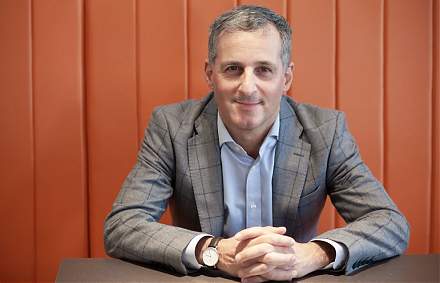
Paul Morland suggests that demographic changes lead to modern economic growth in the current world. Paul Morland (2019) The human tide: how
2019-05-23 10:33:00 Thursday ET
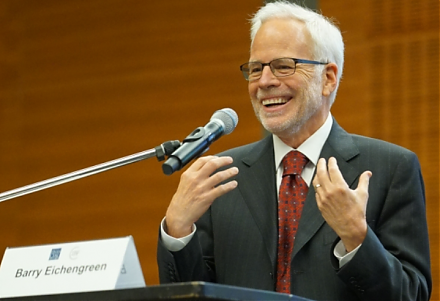
Berkeley professor and economist Barry Eichengreen reconciles the nominal and real interest rates to argue in favor of greater fiscal deficits. French econo
2019-08-20 07:33:00 Tuesday ET
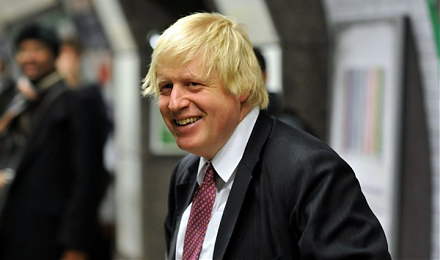
The recent British pound depreciation is a big Brexit barometer. Britain appoints former London mayor and Foreign Secretary Boris Johnson as the prime minis
2018-12-18 10:38:00 Tuesday ET

President Trump threatens to shut down the U.S. government in 2019 if Democrats refuse to help approve $5 billion public finance for the southern border wal
2018-10-11 08:44:00 Thursday ET
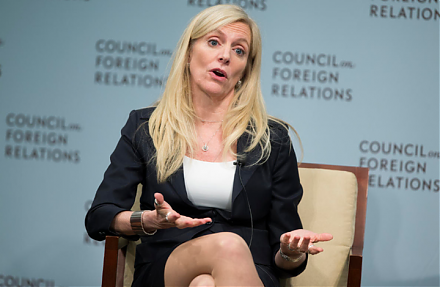
Treasury bond yield curve inversion often signals the next economic recession in America. In fact, U.S. bond yield curve inversion correctly predicts the da
2019-08-07 08:32:00 Wednesday ET
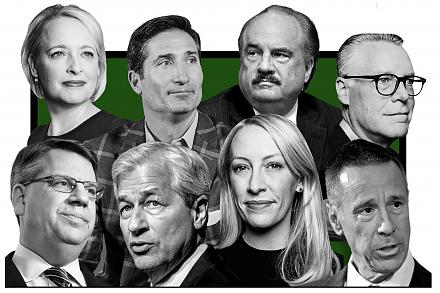
Our fintech finbuzz analytic report shines fresh light on the current global economic outlook. As of Summer-Fall 2019, the current analytic report focuses o